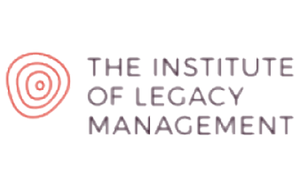Why do Charities ask for so much information about the gifts they receive in wills?

UK charities receive more than £3bn a year from the estates of deceased supporters. This represents more than a quarter of all fundraised income.
Given the financial significance of “legacies” to UK charities it is vital that charities account for these gifts in an appropriate, accurate and ideally consistent manner.
The Charity Commission’s Statement of Recommended Practice 2015 sets out the rules that charities must adhere to when accounting for legacies. Charity auditors use the SORP as the basis of their investigations into charities’ treatment of legacies and there is ever increasing focus on the way charities are accounting for legacies.
Ensuring compliance with SORP 2015 is one of the most important tasks of Charity Legacy Officers. These individuals are under increasing internal and external pressure to obtain information that meets the charities accounting obligations.
One of the things that will be covered in the presentation is the variances of approach adopted by UK charities and the confusion this can cause for executors.
Have a question? If you have any comments or feedback on this content, please get in touch.
Resources:
Institute of Legacy Management | Visit their website
ILM Residuary Case File Documentation Factsheet for Professional Executors
Learning objectives:
The session should give executors an understanding of what charities need and why they need it.
Resources
Downloads
Your CPD Certificate can be found in your Account.

James Stebbings
Head of Legacy Income / Chair of ILM • Macmillan Cancer Support / ILM
James is currently Head of Legacy Income at Macmillan Cancer Support. James has worked in charity legacy administration for 15 years initially at Cancer Research UK before joining Macmillan in 2012. He was elected to the board of the Institute of Legacy Management in 2014 before being elected as Chair in 2021.
View Full ProfileHave a question?
Recommended for you
© 2025 All rights reserved For Media Group Registered in England No. 13063455 VAT Registration Number GB367031995









